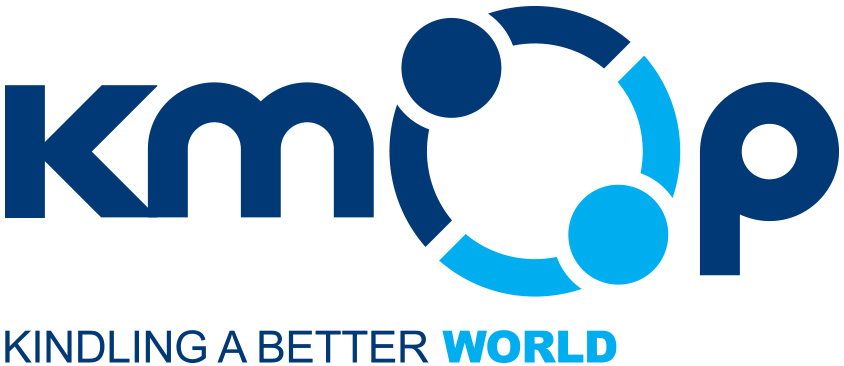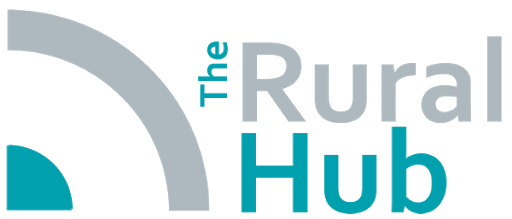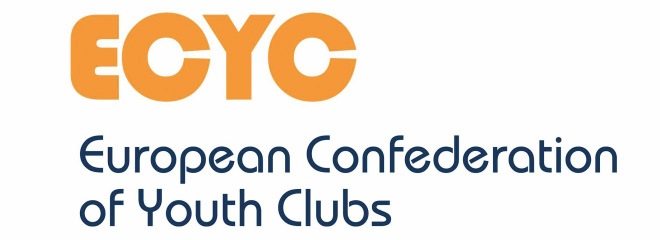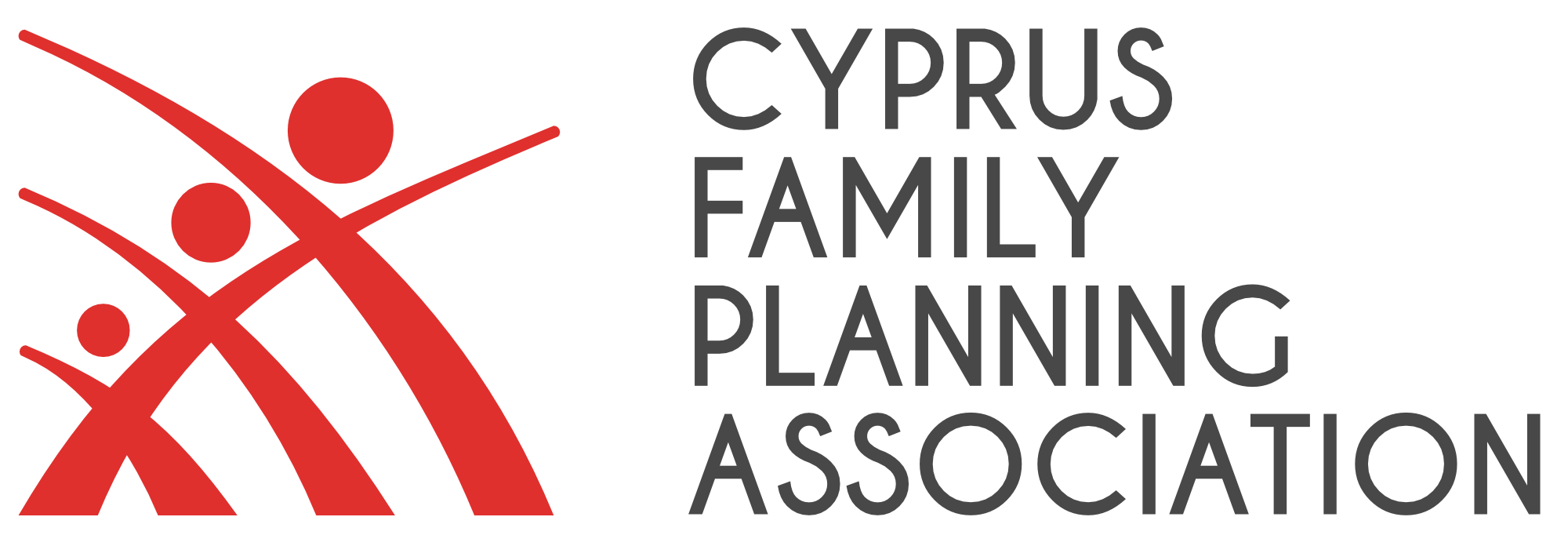"Youth” being the developmental phase between childhood and adulthood has always been one of humanity’s great challenges with human sexuality and relationship at its core "
(Michel Sidibé, Executive Director, UNAIDS).
Youth workers can facilitate and respond to this developmental phase empowering young people on a personal and a social level. According to the National Occupational Standards for Youth Work 2008, youth work enables young people to develop holistically- their voice, influence and place in society and to reach their full potential; something that the formal educational system cannot achieve solely.
It is not inadvertently that for the first time, Youth Work is being mentioned in the European Youth Strategy of 2019- 2027 and it has its own agenda which aims on supporting youth empowerment through quality, innovation and recognition of youth work. Quality development of youth workers is interconnected with competence development of youth workers.
SAFE YOUTH focusing on the Youth priorities of the ERASMUS+ Programme addresses the importance of quality, innovation and recognition of youth work. There is a need for the sustainable empowerment of youth workers who in their turn will increase their efficiency on supporting the development of youth and combat the social obstacles young people face- especially marginalised ones- because of their gender, sexual orientation and mental health status.
SAFE YOUTH aims at empowering youth workers to act as ‘first- aiders’ on sexuality education, mental health and well- being topics when interacting and connecting with youth.
The project objectives are to:
- Educate and support youth workers and trainers’ acquisition of sexuality education, mental health, resilience and well- being competences by developing learning resources and innovative tools using non- formal education;
- Empower the development of attitudes of self-respect and self-value of youth target groups by developing a visual online space where all the OERs & Gamified learning resources produced will be available (learning kit, visual storytelling, digital escape rooms);
- Increase knowledge and awareness of youth workers and young people, regarding social inclusion, sexuality education, mental health, resilience and well-being issues building on European values through the implementations and study visit to take place during the project;
- Stimulate youth workers to connect, engage and empower youth to challenge the social taboos and stereotypes building more inclusive social environments and
- Contribute to practice policy development regarding sexuality education and validation and recognition of youth work at national and EU level.
SafeYouth explained – learning kit - Visit here
The SAFE YOUTH learning kit aims at equipping the participating youth workers, youth leaders and trainers with basic competences and skills and with information on topics of sexuality education, mental health and well- being. With the completion of the modules of this learning kit, the participants are going to be able to address issues and challenges that young people face in their social environment and to promote a more inclusive- oriented approach in the field of youth work.
SAFE YOUTH through an online visual space - Visit here
The online visual space serves as a one-stop-shop providing instant access to a wealth of information and gamified digital learning resources such as online modules, visual narratives, videos, escape rooms the project’s website and chat forum.
Digital Escape Rooms - Visit here
The Digital Escape Rooms are challenged based resources that create a more visually attractive and interactive learning environment. With the use of Digital Escape Rooms, the young people are going to improve their knowledge on topics of sexuality education, mental health and well- being and at the same time empower their communication, digital and problem solving skills as well as their critical thinking.
From Policy to Practice Report:
The practice report is a result of consultations with three target groups; the policy makers, youth workers and young people.
The European Policy Practice report is consisted of two sections:
- The current situation on sex health education
- The current situation on mental health of the youth in Cyprus
Overview
"Youth” being the developmental phase between childhood and adulthood has always been one of humanity’s great challenges with human sexuality and relationship at its core "
(Michel Sidibé, Executive Director, UNAIDS).
Youth workers can facilitate and respond to this developmental phase empowering young people on a personal and a social level. According to the National Occupational Standards for Youth Work 2008, youth work enables young people to develop holistically- their voice, influence and place in society and to reach their full potential; something that the formal educational system cannot achieve solely.
It is not inadvertently that for the first time, Youth Work is being mentioned in the European Youth Strategy of 2019- 2027 and it has its own agenda which aims on supporting youth empowerment through quality, innovation and recognition of youth work. Quality development of youth workers is interconnected with competence development of youth workers.
SAFE YOUTH focusing on the Youth priorities of the ERASMUS+ Programme addresses the importance of quality, innovation and recognition of youth work. There is a need for the sustainable empowerment of youth workers who in their turn will increase their efficiency on supporting the development of youth and combat the social obstacles young people face- especially marginalised ones- because of their gender, sexual orientation and mental health status.
Aims & Objectives
SAFE YOUTH aims at empowering youth workers to act as ‘first- aiders’ on sexuality education, mental health and well- being topics when interacting and connecting with youth.
The project objectives are to:
- Educate and support youth workers and trainers’ acquisition of sexuality education, mental health, resilience and well- being competences by developing learning resources and innovative tools using non- formal education;
- Empower the development of attitudes of self-respect and self-value of youth target groups by developing a visual online space where all the OERs & Gamified learning resources produced will be available (learning kit, visual storytelling, digital escape rooms);
- Increase knowledge and awareness of youth workers and young people, regarding social inclusion, sexuality education, mental health, resilience and well-being issues building on European values through the implementations and study visit to take place during the project;
- Stimulate youth workers to connect, engage and empower youth to challenge the social taboos and stereotypes building more inclusive social environments and
- Contribute to practice policy development regarding sexuality education and validation and recognition of youth work at national and EU level.
Resources
SafeYouth explained – learning kit - Visit here
The SAFE YOUTH learning kit aims at equipping the participating youth workers, youth leaders and trainers with basic competences and skills and with information on topics of sexuality education, mental health and well- being. With the completion of the modules of this learning kit, the participants are going to be able to address issues and challenges that young people face in their social environment and to promote a more inclusive- oriented approach in the field of youth work.
SAFE YOUTH through an online visual space - Visit here
The online visual space serves as a one-stop-shop providing instant access to a wealth of information and gamified digital learning resources such as online modules, visual narratives, videos, escape rooms the project’s website and chat forum.
Digital Escape Rooms - Visit here
The Digital Escape Rooms are challenged based resources that create a more visually attractive and interactive learning environment. With the use of Digital Escape Rooms, the young people are going to improve their knowledge on topics of sexuality education, mental health and well- being and at the same time empower their communication, digital and problem solving skills as well as their critical thinking.
From Policy to Practice Report:
The practice report is a result of consultations with three target groups; the policy makers, youth workers and young people.
The European Policy Practice report is consisted of two sections:
- The current situation on sex health education
- The current situation on mental health of the youth in Cyprus














